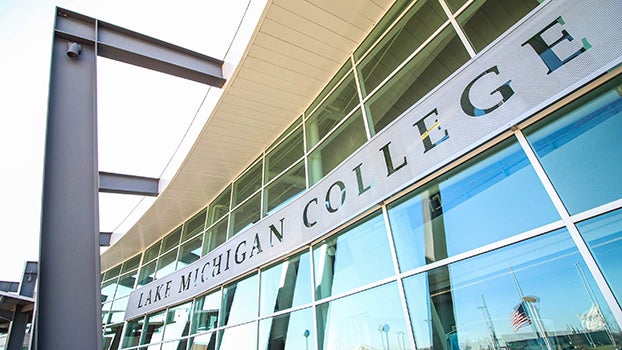CPR turning strangers into life savers
Published 6:26 pm Sunday, May 1, 2011
As a mother, you do everything you possibly can to protect your children, which might include learning CPR (cardiopulmonary resuscitation). Southwestern Michigan College instructor Monika Scott was no different.
Right after her eldest child was born, her husband, a physician, suggested she do so. Little did she know more than a decade later she would put what she learned into practice — but none of her training benefitted her three children.
Scott, of Niles, was at the South Bend Racquet Club on April 18 preparing to play tennis with a 47-year-old woman when the woman said she did not feel well and excused herself to the restroom.
As time passed, the tennis coach working with the woman asked Scott to check on her. Scott found the woman sick in the bathroom. She asked what she could do to help, eventually calling an ambulance for the woman, who was at that time conscious and able to communicate.
Scott, who teaches in the college’s Health Information Management Systems program, explained the woman walked out to a bench, sat down, and said she had pain spreading throughout her chest and arm.
Then, she passed out and quit breathing, Scott said.
“I started chest compressions right away,” said Scott, who also is a consultant in health information management and is a registered health information administrator. “I knew enough from the last time, but I didn’t expect to have to use (CPR) again.”
The first time her CPR training was called upon was a year ago and ironically, she was at the Lakeland Athletic Club in Niles. She was working out early one morning when Dr. Ishwara Bhat quit breathing. Scott performed CPR on the physician until the ambulance arrived.
Both Bhat and the woman were strangers to Scott.
Both are doing well, Scott said, though the woman is still hospitalized. But she now plays tennis with the doctor.
“I just responded,” Scott said. “My husband said whatever I did is better than doing nothing and my response increased the chance of survival. I don’t know how much I played a part in that. But I am of the mindset that I hoped I did as much as I could and I did it right.”
Scott said she is grateful she has not had to put her training into practice on any of her children, but she does recommend CPR training for everyone. “Everybody should be CPR certified and learn how to use a defibrillator,” she said.






